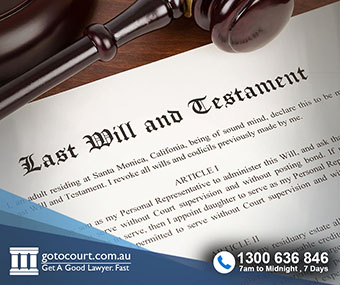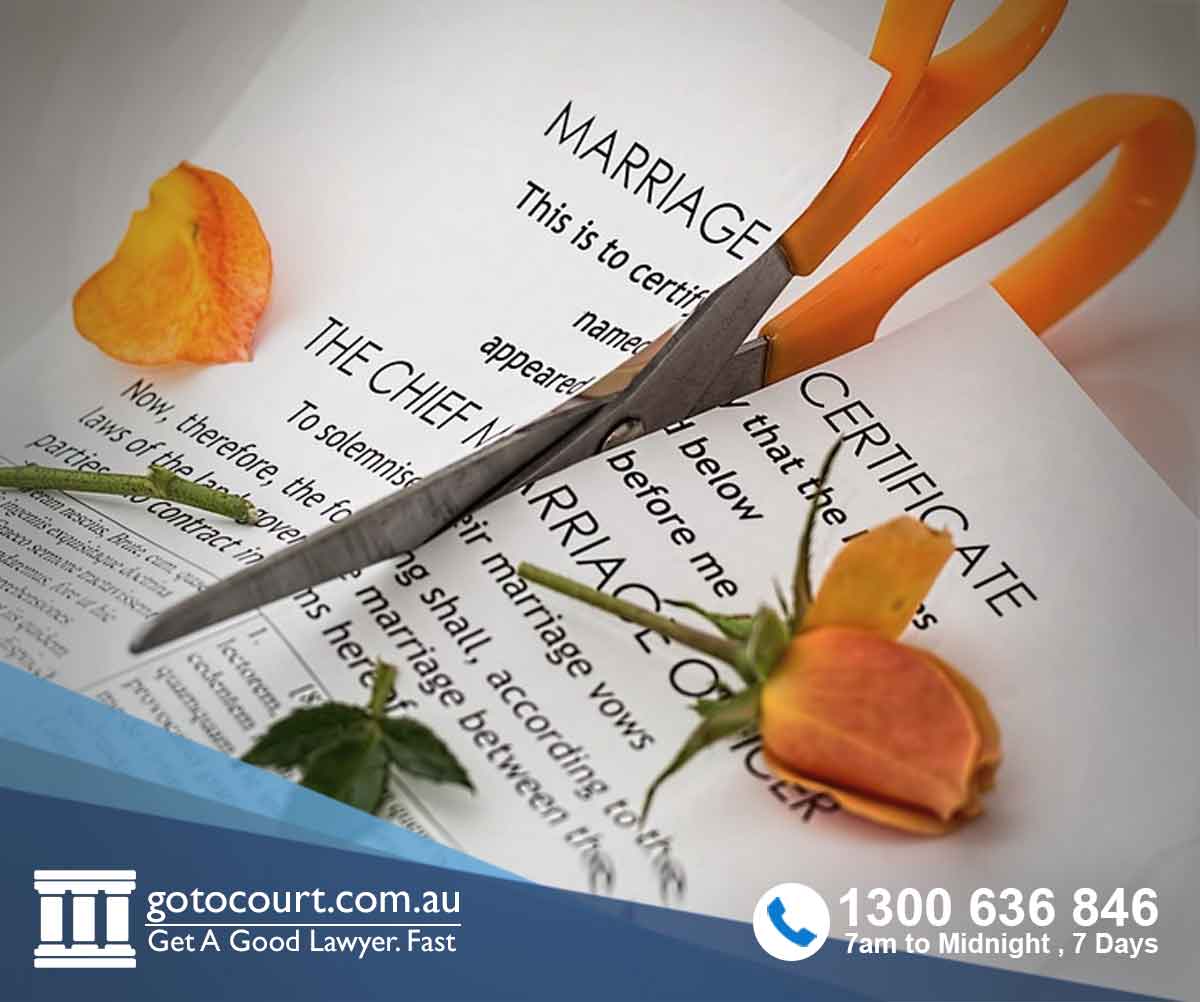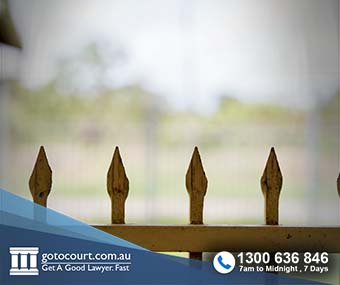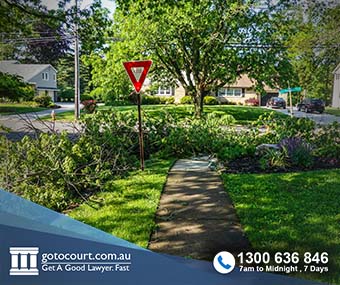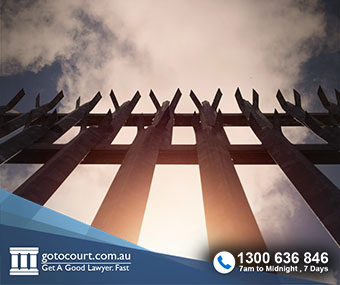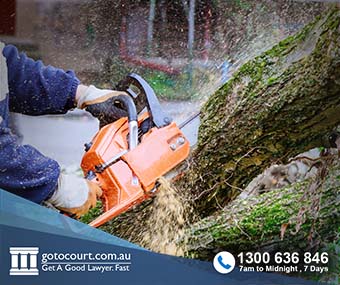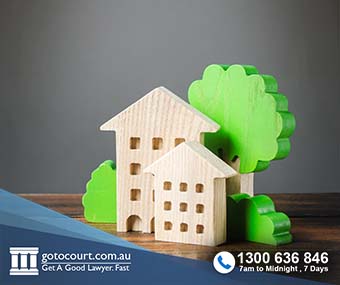Neighbourhood Disputes (Vic)
Neighbourhood Disputes (Vic)
Neighbourhood disputes often arise in Victoria over issues such as fences and boundary lines, noise, trees and pets. When a dispute arises between neighbours, they should always try to resolve the situation directly with the other party. If an agreement cannot be reached, a party can complain to the local council or to the police or take legal action. This page outlines the legal implications of neighbourhood disputes in Victoria.
Neighbourhood disputes about pets
Neighbourhood disputes about pets usually arise when an animal is causing a nuisance either through excessive barking, damaging surrounding property or trespassing on neighbouring properties.
Under section 42 of the Domestic Animals Act 1994, local councils have the power to make by-laws specifying how many animals residents are permitted to keep and how they must be controlled and cared for. The Domestic Animals Act 1994 also contains laws governing the registration and control of animals.
If an animal is causing problems, a person should talk to their neighbour and try to resolve the situation before taking any other action. If the issue cannot be resolved privately, the person can contact their local council for assistance.
Fences
Residential neighbours are responsible for constructing and repairing adequate fences on their dividing boundaries. Each neighbour generally pays half the cost of building or repairing a fence. However, if one neighbour is responsible for damage to a fence or if one neighbour wants a higher level of fencing that the other requires, costs may be divided unequally.
Ideally, when a person wishes to construct, replace or repair a fence, they should draw up a formal agreement with their neighbour as to the type of fence to be building, who will build it and how the costs will be divided. If an agreement cannot be reached, the neighbour proposing the fencing work should give their neighbour a Fencing Notice setting out the details of the proposed work and the proposed division of costs. The neighbour then has 30 days to respond to the Notice. If they do not respond to the Notice, the work can be carried out without their agreement and an application can be made to the Magistrates Court to recover costs form them.
Noise
A lot of neighbourhood disputes are caused by excessive noise. Excessive noise at certain hours may be illegal depending on zoning. For example, electric power tools must not be used between 8 pm and 7 am on weekdays or between 8 pm and 9 am on weekends.
In commercial areas, noise from equipment and machinery is inevitable. In residential areas, a person must not interfere with the neighbours’ quiet enjoyment of their property by making unreasonable noise. A complaint about excessive noise can be made to the local council. A person can also contact the police is the situation is urgent.
Neighbourhood disputes in Victoria about trees
Neighbourhood disputes may arise about trees that are affecting neighbouring properties with overhanging branches or encroaching roots. Trees can cause damage to property and injury to people.
A person is allowed to trim back leaves and branches that enter their property at their own cost. This is called the right of abatement. However, if any damage is caused to the tree in the process of trimming it, the person will be liable for this.
If a person wants their neighbour to pay for tree maintenance, they must show that the tree is causing a private nuisance. This means that it is interfering with the use and enjoyment of their land. Private nuisance matters are decided by the Magistrates Court.
Nuisance
There are various forms of nuisance that may form the basis of a neighbourhood dispute. A public nuisance is an action that is offensive or dangerous to public health or that seriously disrupts the public’s comfort. Private nuisance occurs when a situation affects an individual directly. Types of private nuisance include bad smells, unhygienic animal enclosures and excessive noise or smoke. A person can complain to the local council about a nuisance or take action in court. Some types of public nuisance may also amount to criminal offences.
If you require legal advice or representation in any legal matter, please contact Go To Court Lawyers.

Affordable Lawyers
Our Go To Court Lawyers will assist you in all areas of law. We specialise in providing legal advice urgently – at the time when you need it most. If you need a lawyer right now, today, we can help you – no matter where you are in Australia.How It Works




1. You speak directly to a lawyer
When you call the Go To Court Legal Hotline, you will be connected directly to a lawyer, every time.

2. Get your legal situation assessed
We determine the best way forward in your legal matter, free of charge. If you want to go ahead and book a face-to-face appointment, we will connect you with a specialist in your local area.

3. We arrange everything as needed
If you want to go ahead and book a fact-to-face appointment, we will connect you with a specialist in your local area no matter where you are and even at very short notice.

